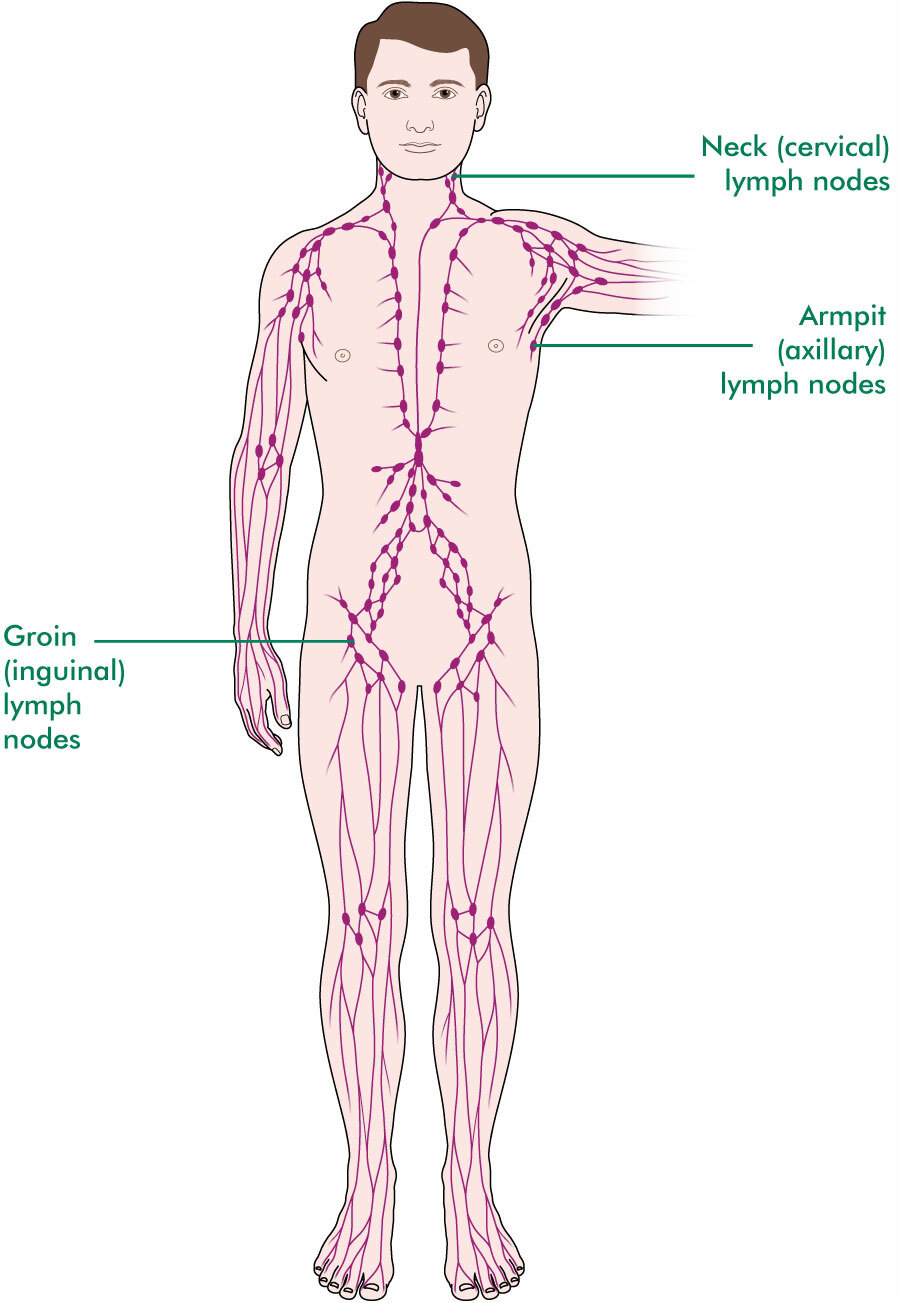The lymphatic system serves crucial roles in maintaining overall health and well-being. Let's break down each of the three primary functions:
1. Maintenance of Fluid Balance: The lymphatic system helps maintain fluid balance in the body by draining excess interstitial fluid from tissues and returning it to the bloodstream. This prevents the buildup of excess fluid in tissues, which could lead to swelling or edema. Lymphatic vessels collect this fluid, known as lymph, and transport it through lymphatic vessels to lymph nodes, where it is filtered and cleansed before returning to the bloodstream.
2. Facilitation of Absorption of Dietary Fats: After we consume food, particularly those containing fats, the lymphatic system aids in the absorption of dietary fats from the gastrointestinal tract into the bloodstream. Specialized lymphatic vessels called lacteals in the small intestine absorb dietary fats and fat-soluble vitamins that cannot be absorbed directly into the bloodstream. These fats are transported as chylomicrons through the lymphatic system until they reach the bloodstream, where they can be utilized for energy or stored in adipose tissue.
3. Enhancement and Facilitation of the Immune System: The lymphatic system plays a vital role in the body's immune response. Lymph nodes, which are distributed throughout the body, are hubs for immune cell activation and communication. They filter lymph, trapping and destroying pathogens, foreign particles, and abnormal cells. Lymphocytes, a type of white blood cell crucial for immune function, are produced in lymphoid organs such as the bone marrow and thymus and are transported via the lymphatic system to lymph nodes, where they encounter antigens and mount immune responses.
Overall, the lymphatic system's functions are interconnected, working together to maintain fluid balance, aid in nutrient absorption, and support immune function, thereby contributing to the body's overall health and vitality.
 Pramod Pathak
Pramod Pathak


